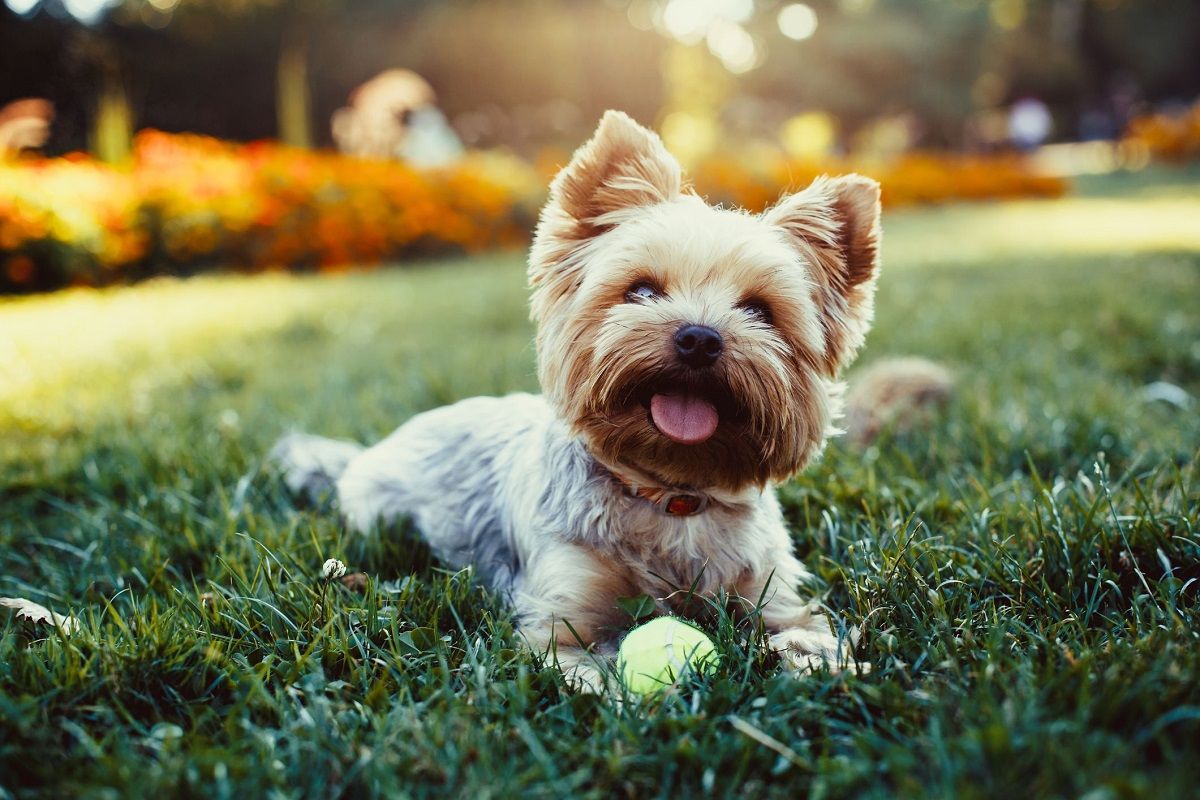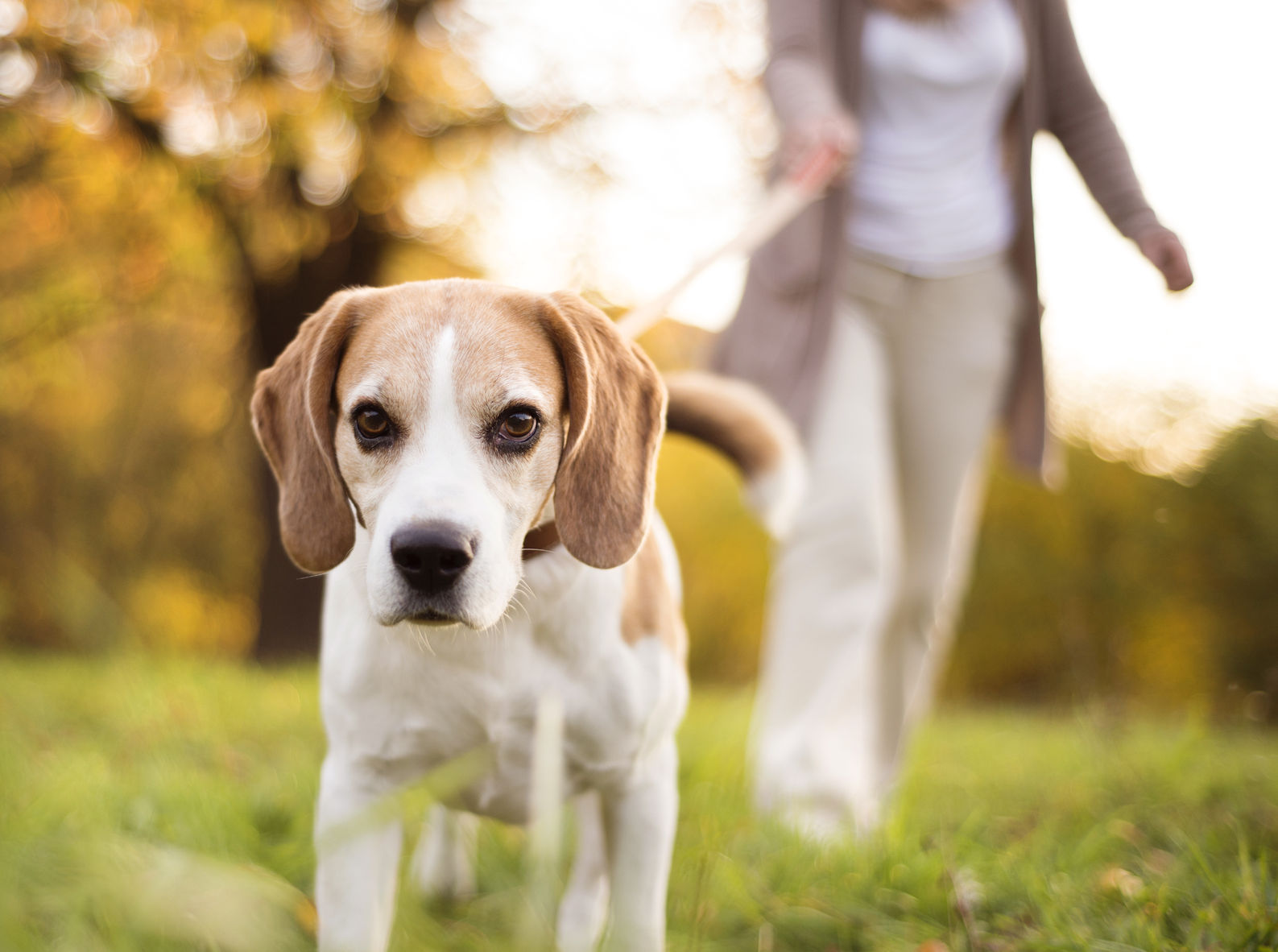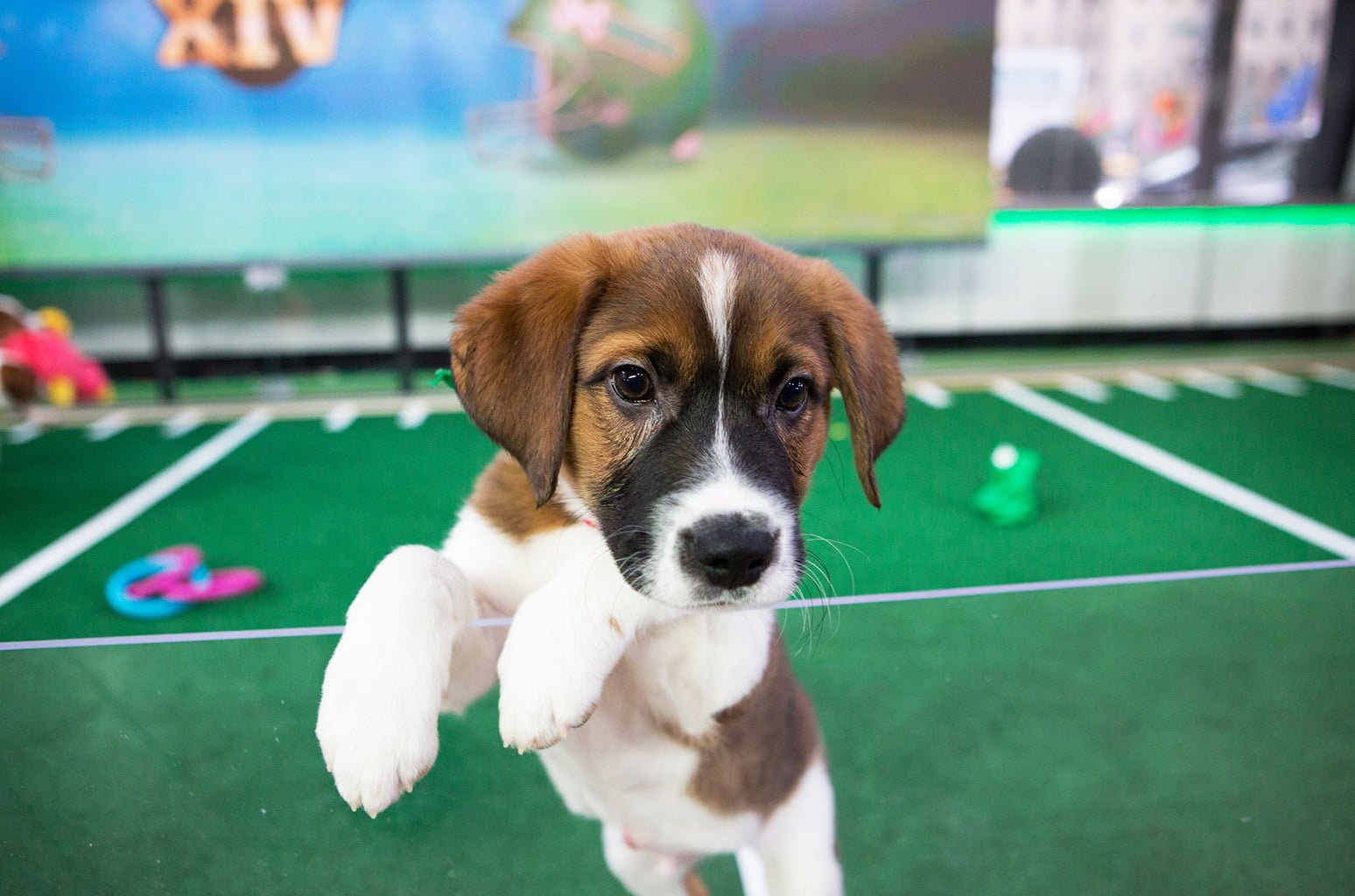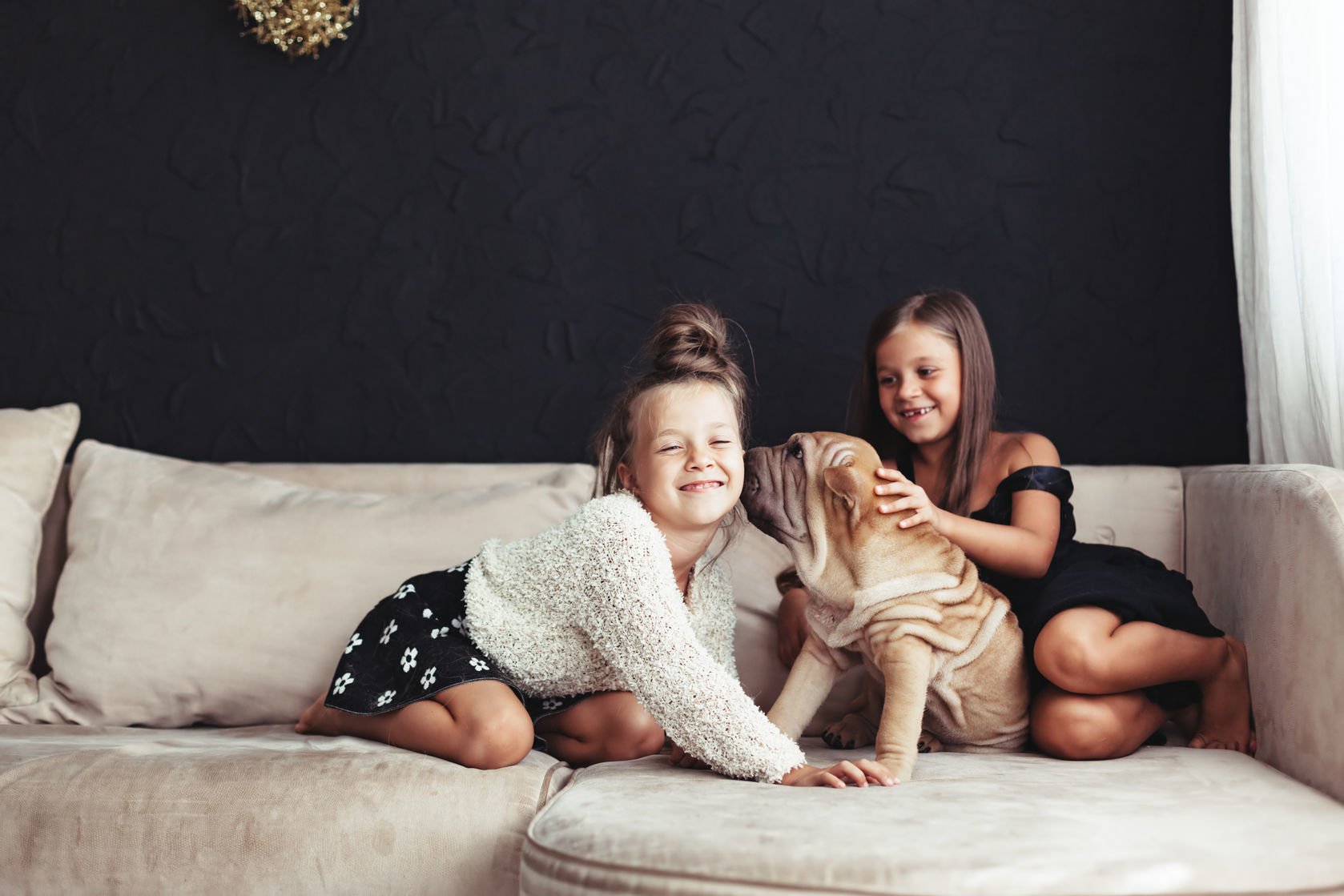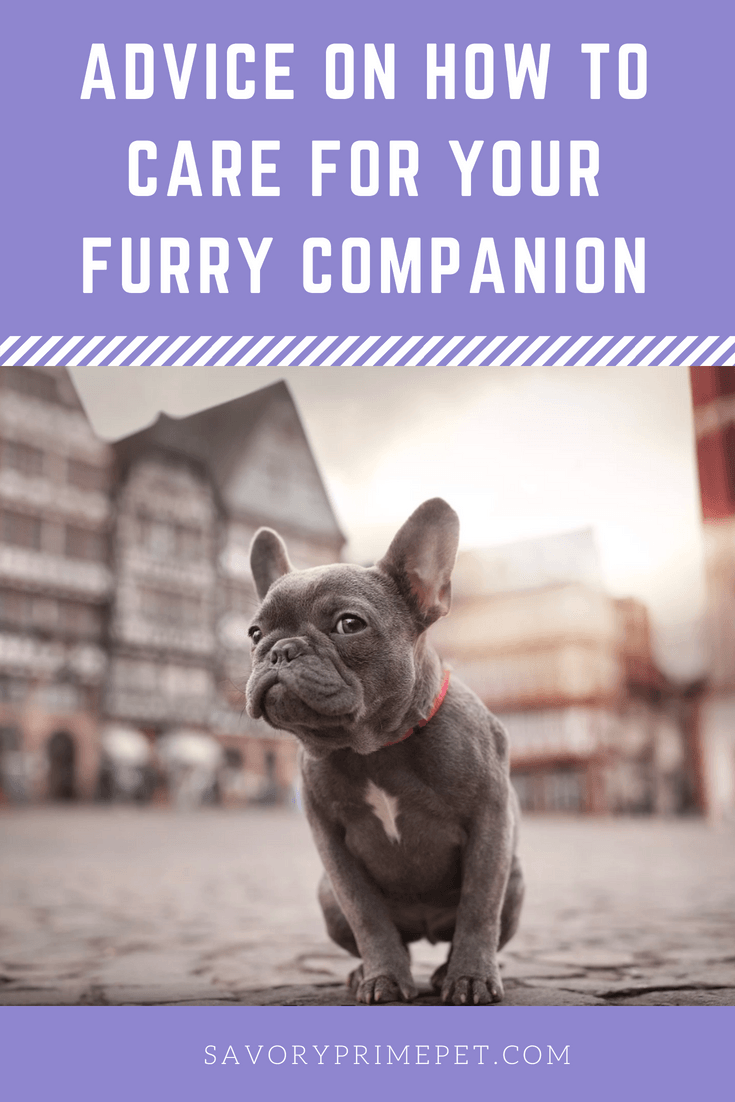Bringing a dog into the home is a decision that should not be taken lightly. If you are considering, or have already extended your family to include a dog, there are things that you should know. Below, you will find a list of quality tips to use to help the transition easier for you and your dog.
Always, have your dog spayed or neutered. Statistically speaking, dogs who are “fixed” live longer lives and are less prone to cancer. Besides, a neutered dog will be less likely to run away or to get in fights with other animals.
Your pet needs vaccinations, much in the same way that your baby does. Some common vaccinations that dogs require include rabies, hepatitis and distemper. Each pet is different, and each will have a different immunization schedule. Your veterinarian is a great resource when it comes to which vaccinations are right for the age and breed of your pet.
Your dog needs to be secured when in a car. Not only will it make the journey safer, as it will lead to fewer distractions for the person driving the car, but in the event of an accident, it could also save your dog’s life. Look for a seat belt harness, often sold at pet stores, that you can put in your car for your pet.
Never allow your dog to be alone with small children, no matter how much you trust his temperament. Many little kids have been attacked by family dogs who have otherwise never demonstrated a tendency towards violence. Sleeping dogs may be woken by a toddler and react negatively or some other offense is committed against the animal that sets him off.
Know the basics of pet first-aid if you have a dog in your family. Being able to react quickly in an emergency, such as your pooch being bitten by a snake, can mean the difference between life and death. Read a good book on the subject or ask your vet to brief you on the basics.
House-training your dog will be much easier if you adopt a routine. You should go for walks regularly throughout the day and come home during your lunch break if necessary. If your dog has to be home alone for long hours, do not leave a bowl full of water unless it is very hot.
Learn what health problems are most typical for your breed of dog. If you don’t know the type of dog he is, research it so you will know the type of problems your dog could have. Be sure to ask the vet if there is anything you can do in order to avoid health problems that run in the breed.
Designate a family member or close friend to be responsible for your dog, should something happen to you. If you are in an accident and unable to get home, your dog will need someone to feed him and address other needs. Perhaps you trust a neighbor with your house keys and they could act for you in a time of need.
Send your dog to school! He will feel more comfortable knowing exactly what is expected of him and obedience school will help him learn that. It will also boost his self-confidence, and of course, make a more well-behaved pet of him. Call around locally and see if you can sign him up for a trial class and take it from there.
Be consistent when giving your dog commands. This is an area where a lot of dog owners have a problem, especially when you won’t feed your dog from the table but your spouse will. Make sure that everyone in your home understands what’s acceptable so that the dog will receive a clear message. That will make him more likely to obey.
If you are not allowed to place a fence in your yard but want your dog to run freely there, consider an electric fence. Electric fences are easy and inexpensive to install, and they can help to keep your free roaming pet safely contained. Using them will require a little training, but they are quite effective if you put the work in.
Just like people, dogs need plenty of exercise for optimum health. Dogs are naturally hunters and love to run by instinct. Take your dog to the park, play Frisbee with him and give him a daily walk. This will help keep him physically healthy but will also make him mentally healthier.
Clean up after your dog when they go to the bathroom in public. Many dog owners let their dog do their business wherever they please whether its on a sidewalk, neighbor’s lawn, etc. They can do their business in public, but you must take a bag with you to clean it up when they’re done so that it doesn’t cause an unsightly and smelly mess for someone else.
You are probably tempted to give Fido a bite of whatever you’re having. While some foods are fine for sharing with your dog, there are some that must be avoided. Dogs should never be given caffeine, grapes, or chocolate. These can be fatal if ingested.
If you have younger children in the home, make sure that you try to teach them what behavior is appropriate with your dog. Let them know the rules and what they are allowed to do. Some dogs are more tolerant of being jumped on, pulled on, and played with than other dogs.
Your dog should always have access to fresh water. You should always keep a bowl full of water where your dog can access it or purchase a small drinking fountain for your dog. If you have to leave your dog alone for long hours, so not leave more water than your dog needs.
Time, energy and knowledge will make the living arrangement with a dog more enjoyable for everyone. Use what you have just learned to help the household adapt to the addition. Dogs can be great friends and companions if you take the time to train, love and care for them properly.
Recent Pet Posts
Blog Categories
Product categories
- Accessories (7)
- Chicken & Veggie Wraps (8)
- Grillers Jerky Tenders (4)
- Jerky Treats (10)
- Made in the USA (9)
- Non-Rawhide Treats (28)
- Beggar Bone (11)
- Bully Sticks (4)
- Butcher Bone (4)
- Cod Skin Fish Treats (3)
- Pork Skin Twists (2)
- Pressed Rawhide Bones & Rolls (16)
- Bones & Rolls (6)
- Pressed Rawhide Bulk (6)
- Twist Sticks (4)
- Savory Munchies (13)
- Supreme Bones & Rolls (48)
- American Rawhide Bulk (16)
- Rawhide Bones (14)
- Rawhide Chips (6)
- Rawhide Rolls & Sticks (12)
- Uncategorized (8)

